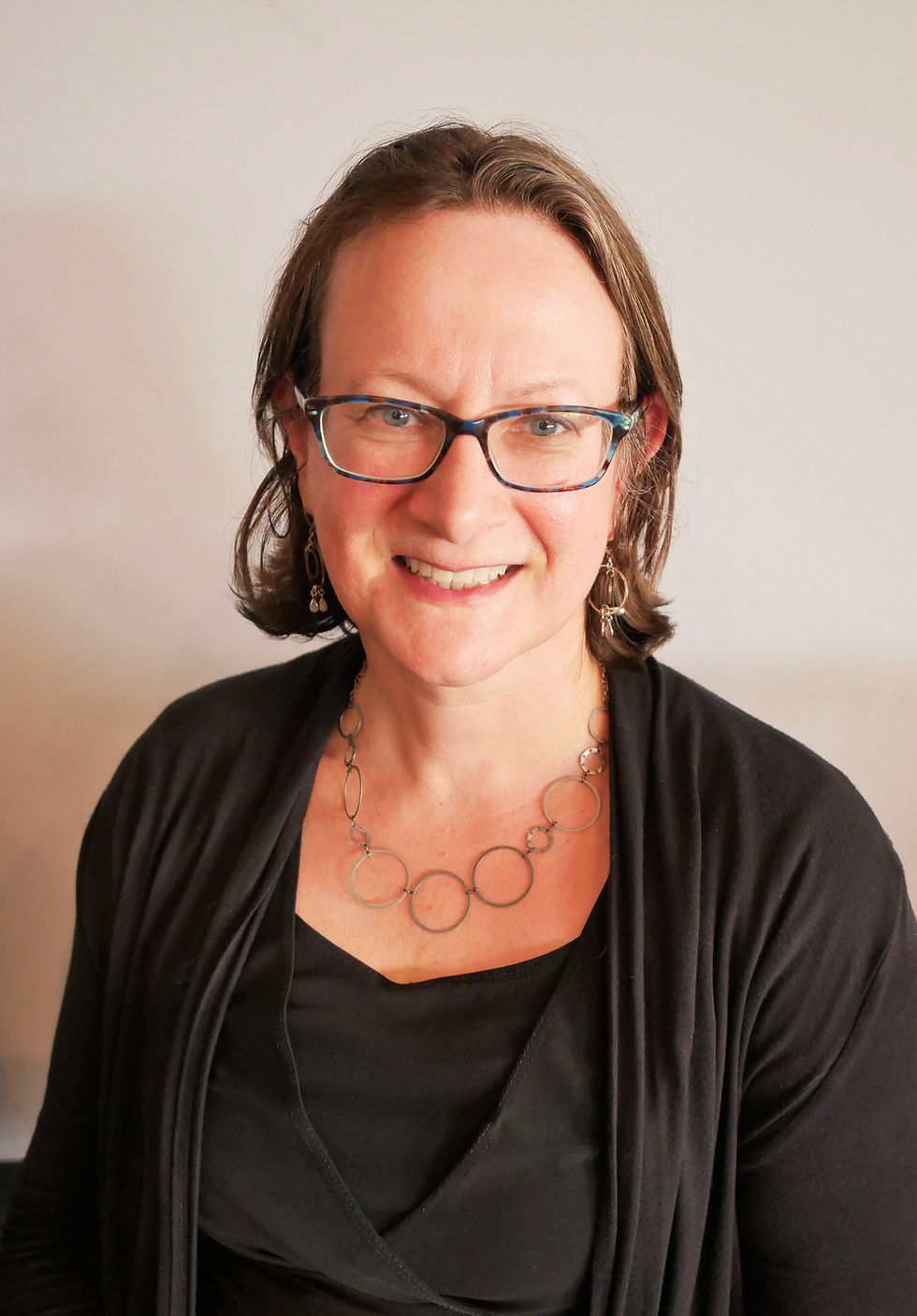Seminar: Errors and Miscounduct in Biomedical Research
- Alessandra Souza
- Jul 7, 2024
- 2 min read
Elisabeth Bik, the Netherlands 8 July | 10h00 am | Auditorium Mariano Gago | i3S - Instituto de Inovação e Investigação em Saúde, Universidade do Porto
The Institute for Research and Innovation in Health (i3S) and the Portuguese Reproducibility Network (PTRN) are pleased to announce the seminar "Errors and Misconduct in Biomedical Research" by Elisabeth Bik at the Auditorium Mariano Gago (i3S) on 8th July, 10.00-12.00.
Don't miss the opportunity to contribute to the discussion on image manipulation and other type of research misconduct. For further information on the seminar and the speaker, please see below:
Abstract
Science builds upon science. Even after peer-review and publication, science papers could still contain images or other data of concern. If not addressed post-publication, papers containing incorrect or even falsified data could lead to wasted time and money spent by other researchers trying to reproduce those results. Several high-profile science misconduct cases have been described, but many more cases remain undetected. Elisabeth Bik is an image forensics detective who left her paid job in industry to search for and report biomedical articles that contain errors or data of concern. She has done a systematic scan of 20,000 papers in 40 journals and found that about 4% of these contained inappropriately duplicated images. In her talk, she will present her work and show several types of inappropriately duplicated images and other examples of errors or research misconduct. In addition, she will show how to report scientific papers of concern, and how journals and institutions handle such allegations. Finally, she will address the growing problems of 'paper mills', for-profit networks that produce and sell large amounts of low-quality or fake papers.

Short Bio
Elisabeth Bik, PhD is a Dutch-American microbiologist who has worked for 15 years at Stanford University and 2 years in industry. Since 2019, she is a science integrity volunteer and consultant who scans the biomedical literature for images or other data of concern. She has found over 7,000 scientific papers, and her work resulted in over 1,000 retractions and another 1,000 corrections. For her work in science communication and exposing research misconduct, she received the 2021 John Maddox Prize.





Comments